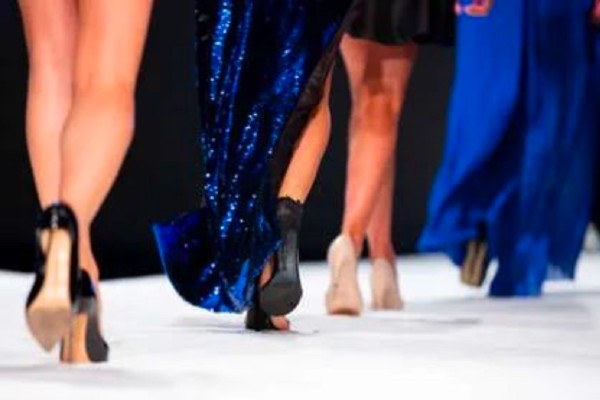The up and down of brand ambassadors marketing
Hiring celebrities and famous personalities from the various walks of life that complement the nature and objectives of the brand is one of the highly utilized marketing techniques in today’s time.
Brand ambassadors help to raise awareness of the brand with the celebrity label attached to it and, consequently, to increase the sales of certain products and services. How do they do it? By leveraging their social status and the trust their followers place in them.
Ambassadors are usually famous figures, actors, models, social media celebrities; they are the face of the brand, and need to reflect the brand identity with their look, but also with their life behavior.
In a digital world where users are constantly bombarded with advertising and offers that are often misleading or of low quality, ambassadors are a figure that consumer can trust. This is why brands must carefully choose the person they want to be represented by: he/she must reflect the soul of the product.
Recently in China the world of ambassadors is experiencing a crackdown, with the Chinese celebrities accused of exerting a bad influence on society.

In February, Prada cut the collaboration with the popular actress Zheng Shuang 郑爽, who has been accused by her former partner of abandoning their two children born to US-based surrogate mothers after the couple’s relationship ended before the children were born. After a while, she also was fined for tax evasion.
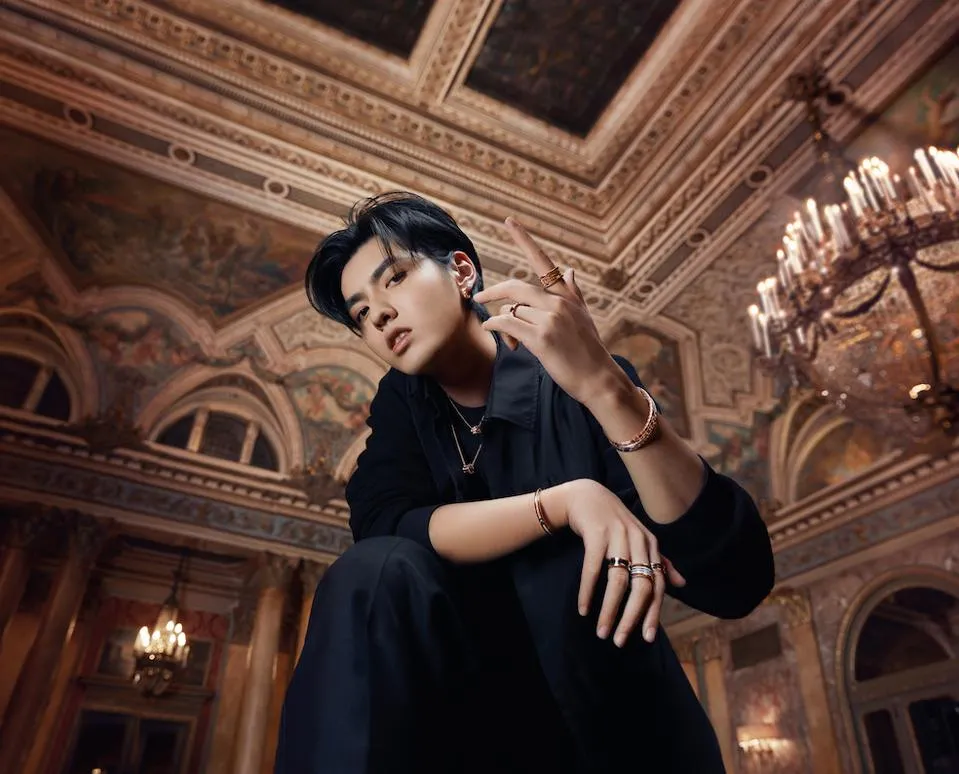
In July, Wu Yi Fan 吴亦凡, aka Kris Wu, a Chinese-Canadian actor, model and singer, long-time Bulgari ambassador, was accused of rape by a beauty influencer and immediately dropped by Bulgari and also by Porsche and Louis Vuitton, other brands he worked with; in mid-August Wu was formally charged with rape by police in Beijing and arrested.

The same happened to Zhang Zhehan 张哲瀚, a Chinese actor, singer and athlete: Zhang’s 27 brand partners, including Lanvin, Pandora and Japanese jeweler, Tasaki, also distanced themselves from the young actor, who was on the receiving end of an official denouncement from the China Association of Performing Arts, following the publication of photos showing Zhang posing in front of the controversial Yasukuni Shrine in Tokyo.
During the period of Tokyo Olympics, multiple Chinese brands have terminated their cooperation with a Taiwanese actress, Xu Xidi 徐熙娣, due to her controversial posts on Instagram where, referring to a Taiwanese badminton player, she would have used a term insinuating the idea that Taiwan is a country instead of a province.
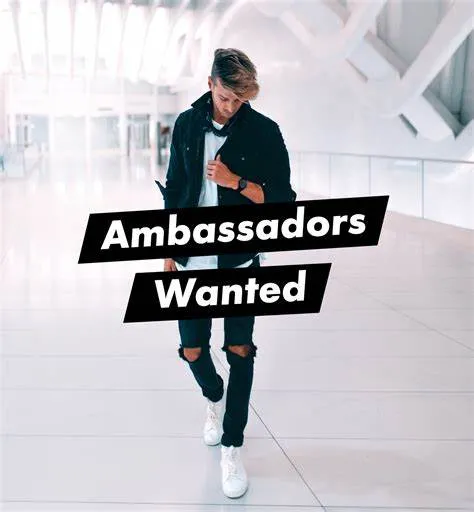
While is not infrequent for a celebrity to be turned away by the brand due to a behavior that goes against the image, the mission or the value of the company, the opposite – that is, a celebrity breaking the contract with a brand for the same reason, appears to be less common, if not unlikely.
Despite that, this year has seen many Chinese stars breaking contracts with their brands.
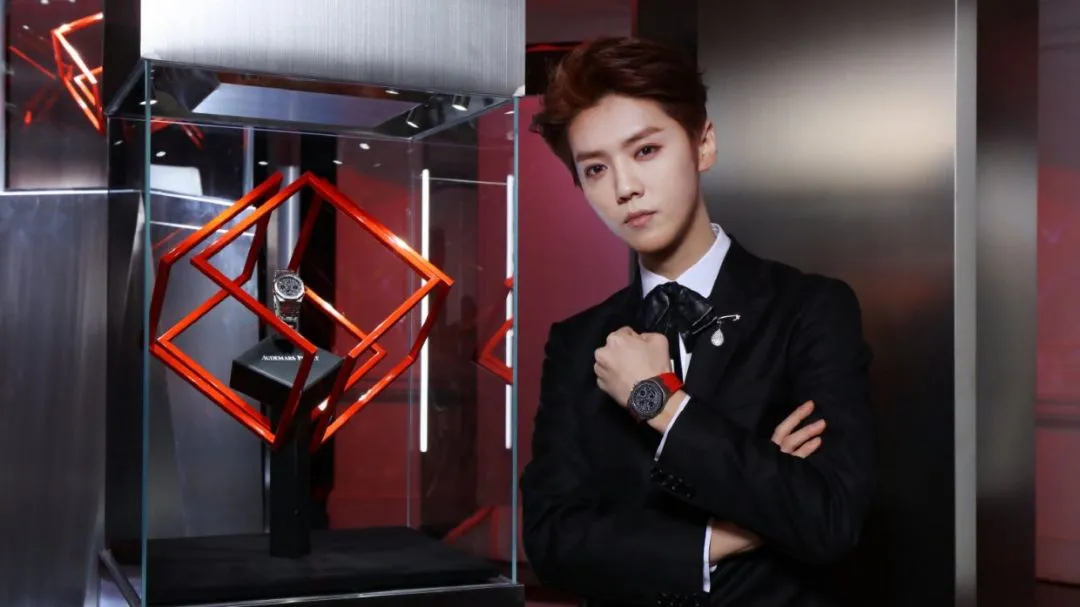
The last one happened at the beginning of September: superstar singer and actor Lu Han 鹿晗 (one of the most in-demand brand ambassadors in China, whose endorsement ranges from local products such as Oppo mobile phones and Baidu maps to international brands like Puma and Cartier) decided to terminate his 4-years-long partnership with the Swiss watchmaker, Audemars Piguet, after the brand’s CEO in an interview indicated Taiwan as an independent country.
In commenting his decision to cut ties with the brand, Lu Han declared that “improper comments made by the Audemars Piguet brand seriously violate the one-China principle”.
Earlier this year, Chinese celebrities decided to distance themselves from the brands involved in the Xinjiang case.
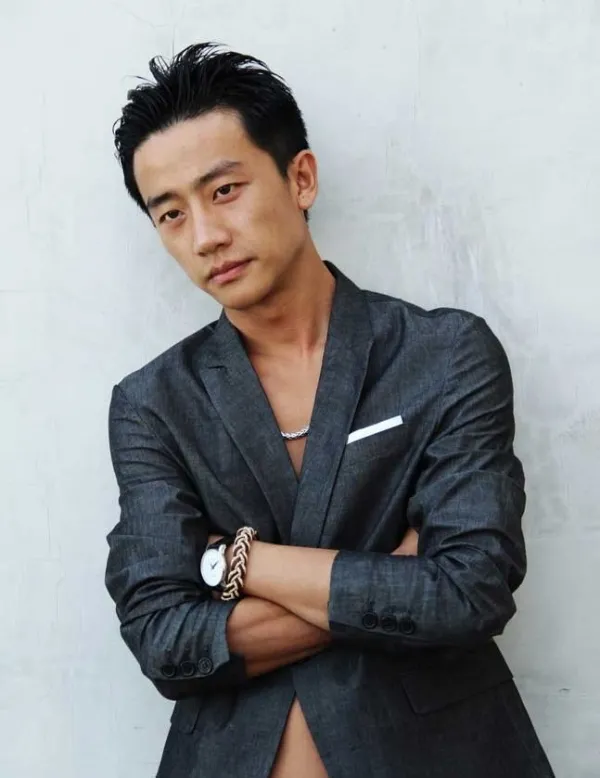
Chinese star Huang Xuan 黄轩, the spokesperson of the Swedish brand H&M, was the first to end his cooperation with the brand, which claimed that it will stop sourcing products from Xinjiang due to concerns about the reports of alleged forced labor in the region. Huang stated that he will “oppose any attempt to insult or spread rumors” about his country.
Huang's decision opened up the scene of Chinese stars to end contracts with such brand and others for the same issue.
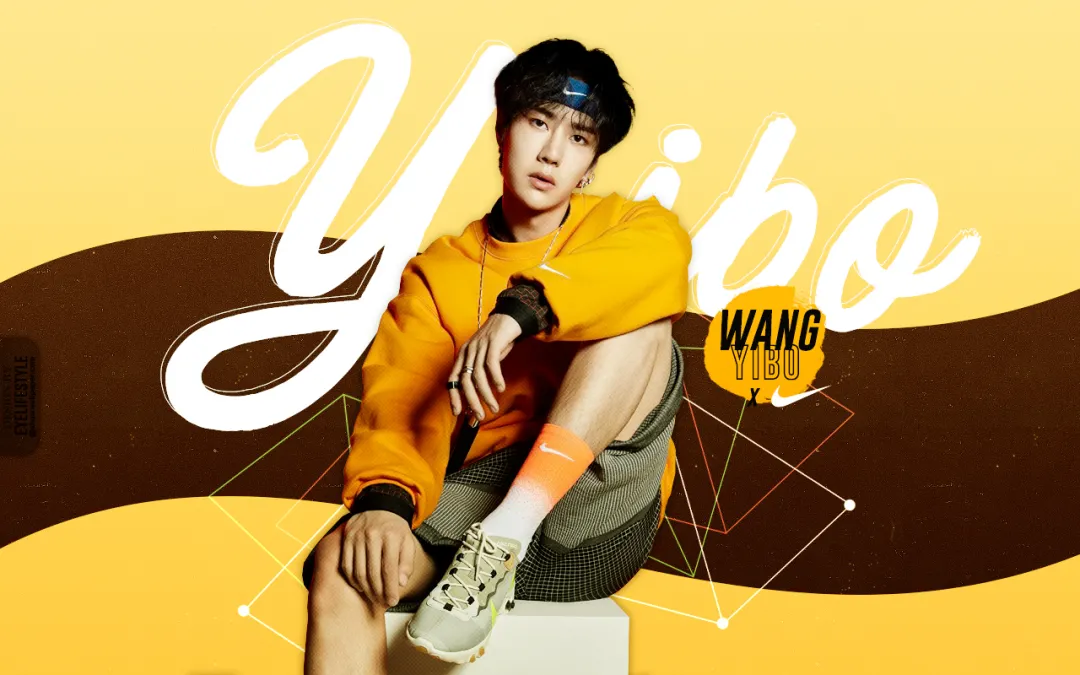
One of China's top idols, Wang Yibo 王一博, announced he had also terminated his relationship with Nike, since it and other brands such as Adidas have also made similar statements that he found inappropriate.
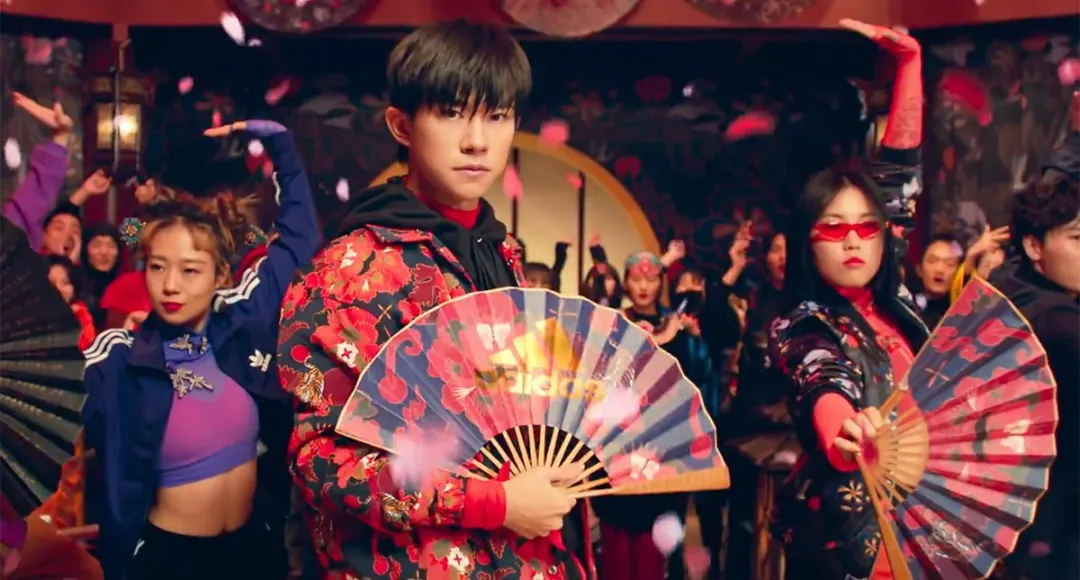
At the same time, the ambassador of Adidas in China, young actor Jackson Yee 易烊千玺 (who starred in the Oscar-nominated film Better Days), announced that he had cut all cooperation with the sportswear company. The announcement comes after netizens questioned his endorsement of the brand. Hong Kong star singer Eason Chan陳奕迅 has also cut off the cooperation with Adidas.
This “boycott movement” can’t help recalling the celebrities and models breakaway from Dolce & Gabbana following the video advertising which offended the Chinese people. The echo of that false step still resounds in the fashion world, making it very difficult for the brand to regain the trust of the Chinese customers.
Based on this recent crackdown on brand ambassadors, is it still convenient for fashion companies to rely on celebrities for their brand marketing campaigns? The answer is yes.
In China, despite the potential risk, hiring a star brand ambassador still remains a very effective way for a brand to build up awareness and draw attention from potential customers, and companies keep paying celebrities millions of dollars to front their promotional campaigns.
Since terminating a contract can have very expensive consequences, from the company point of view the solution is to write in the contract specific clauses regarding the right to terminate the agreement based upon certain conditions such as bad behavior by the celebrity.
The company engaging a celebrity endorser will want the right to terminate the arrangement if the celebrity does something that is offensive or contrary to the brand’s best interests, or gets involved in some kind of scandal or other negative news reports, or is indicted or accused of some form of criminal activity.

The contract can run a list of potential"outs" that usually arise from circumstances beyond the company’s control. In addition, it would be advisable to regulate in written form that the company shall have the sole discretion to decide the nature of certain behaviors of the celebrity or the incidents concerned. As long as the company considers that the celebrity no longer fits the image of the brand, the company should be entitled to an "out".
With regards to the possible legal consequences of the termination from the celebrity point of view, according to HFG lawyer Claire Fu, it also largely depends on the agreements between the parties.
In addition, the celebrities might also terminate the contract on the ground of basic principles set forth in the PRC Civil Code, i.e., the termination right of frustration in Article 580, or the principle of national interests in Articles 132 and 153.
To our knowledge, many celebrities, due to the foregoing situations, have now requested to add a “morality clause” of the brands in their cooperation contracts, e.g., the brand shall ensure that any person or entity that the public deems to represent the brand, such as the founder / senior management of the brand, will not do anything that
(a) endangers national unity, sovereignty and territorial integrity,
(b) endangers national security,
(c) harms national interests,
(d) incites ethnic hatred or ethnic discrimination,
(e) infringes upon national customs,
(f) undermines national unity, or
(g) violates religious policies, or any other acts that may adversely affect the artist;
otherwise, the artist shall be entitled to immediate terminate the contract unilaterally without any liability for breach of contract.
